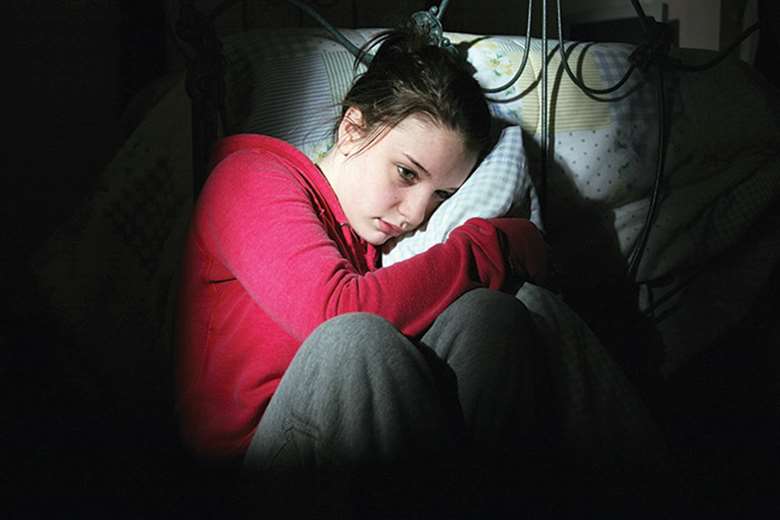How girls and parents build bridges
Emily Rogers
Tuesday, January 31, 2017
Group works to stop teenage girls behaving violently and abusively towards their parents and improve relationships.

PROJECT
Do it Different 4 Girls
FUNDING
Requires five hours weekly over 10 weeks for two local authority staff, plus time for home visits
BACKGROUND
Wakefield Council started running the Do it Different group for young men in 2009 in response to concerns about teenage boys' violence towards their mothers. It was initiated by the council's violence prevention officer Simon Roe and domestic abuse co-ordinator Sally Fawcett, then the youth offending team's lead supporting families practitioner. Domestic abuse charity the Rosalie Ryrie Foundation helped develop the programme.
The girls' version has been run by the council-run Castleford Early Help Hub and its youth work team since summer 2015, after a pilot the previous year. It has supported 24 girls to date.
ACTION
Do it Different 4 Girls works with young women aged 12 to 17 who are displaying violence, verbal abuse or aggression towards their parents or carers. Referrals are made by professionals such as social workers, teachers, police, or parents. Youth co-ordinator Sarah Cooper and youth worker Keely Thomas visit the girl and her parents, to hear their stories.
They then jointly facilitate 10 two-hour weekly sessions, involving around six girls. They discuss the triggers and consequences of violent and abusive behaviour and how to spot when they're getting angry and use strategies to stop themselves losing control, such as taking "time out".
Discussion is usually followed by a game or craft activity and this is often when girls open up about issues such as relationship problems or sexual exploitation, and can then be referred for extra support. Cooper and Thomas visit parents afterwards, explaining how they can support their daughters' coping strategies. "We ask parents to respect the girl's time out plan and understand that they'll need to go into their bedroom for half an hour and be left alone," explains Cooper.
OUTCOME
Seven girls who completed before and after questionnaires reported a reduction in abuse towards parents. On a scale of nought to 10, when nought means "never" and 10 means "always", their average score for verbal and physical abuse decreased by three points, emotional and psychological abuse by two and controlling behaviour by five.
If you think your project is worthy of inclusion, email supporting data to derren.hayes@markallengroup.com




